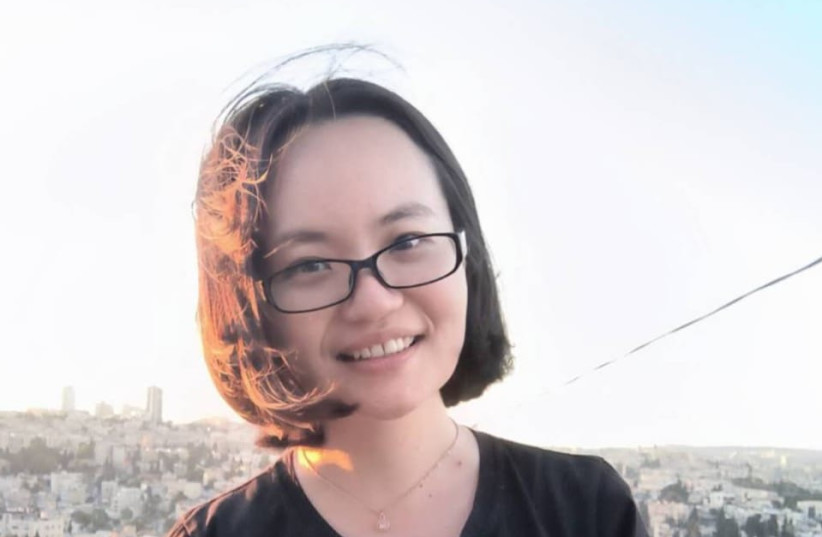More than 700 international students have chosen to remain in Israel and pursue their studies here despite the ongoing war, the Hebrew University of Jerusalem said on Monday.
The October 7 attacks, rockets, sirens, war, and virtually empty campuses have not deterred some 700 international students at the university who chose to remain in the war-torn country.
University reaches out to students
Along with reaching out to the students who have left the country, the university has attempted to help the students who decided to stay by accompanying them in their "specific needs," the university said.
This included supplying emergency, emotional, and psychological support in addition to providing 24/7 communication with Israeli counselors.

The university also decided to reinstate the 'Buddies Program,' which promotes "conversations between international and Israeli students about the current situation."
Starting in mid-November, the international students at the Rothberg International School have been able to attend online lectures specifically tailored to explain the Arab-Israeli conflict.
The university has also provided community-building programs and facilitated weekly discussion groups to help students unload and share their wartime experiences.
In addition, the university has set up a varied list of volunteering opportunities, such as agriculture and teaching, for students who wish to offer a helping hand to those affected by the war.
Students recount their wartime experience
Norina Welteke, a German student currently doing a master’s degree in conflict research, said, “Having such a caring and warm community at the university made the decision to stay an easy one.” Her confidence in the Iron Dome and campus security were key in her decision-making: “I never felt lost or alone here, and I was not afraid to stay.”
Ruoyi Cao, a Ph.D. candidate from China at the Edmond & Lily Safra Center for Brain Sciences (ELSC), stated her strong commitment to staying in the country. She cited the support she has received from her surroundings; friends, lab colleagues, and university staff.
Since the beginning of the IDF's war on Hamas in Gaza, Ms. Cao and her husband have been volunteering, bringing food to an injured Chinese national currently at a hospital in Jerusalem, and partaking in agricultural activities provided by the OSL.
The foreign students all agree that their Jerusalem experience during this historic time has had a profound impact on their view of Israel and the Middle East.
